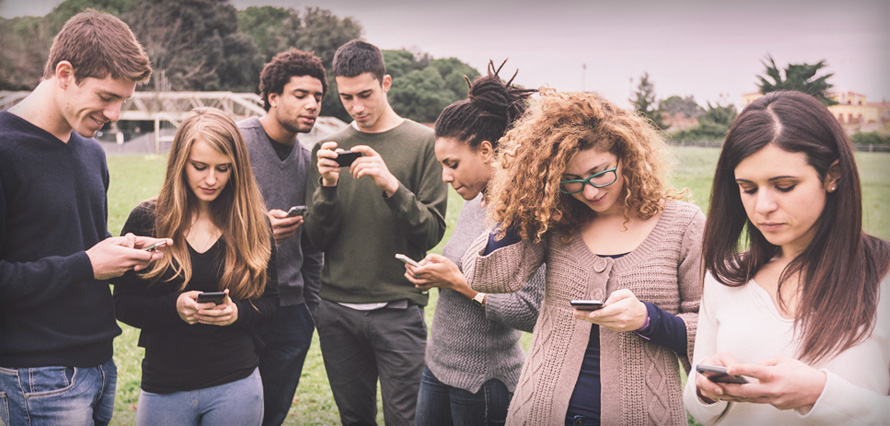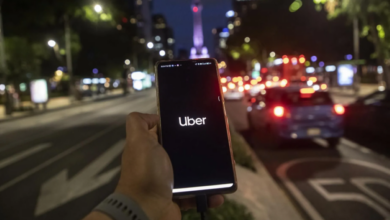Social media users more likely to feel isolated, study finds


For young adults, social media may not be so social after all. Among people in that age group, heavy use of platforms such as Facebook, Snapchat and Instagram was associated with feelings of social isolation, a study finds.
The research team was led by Dr. Brian A. Primack, Ph.D., director of the University of Pittsburgh’s Center for Research on Media, Technology, and Health, and assistant vice chancellor for health and society in the University of Pittsburgh’s Schools of the Health Sciences.
The saw researchers questioning 1,787 adults aged between 19 and 32 about their use of the 11 most popular social media sites; Facebook, YouTube, Twitter, Google Plus, Instagram, Snapchat, Reddit, Tumblr, Pinterest, Vine and LinkedIn, at the time the research was conducted in 2014.
They found that people who visit social networks over 58 times a week are three times more likely to feel lonely than those who use the sites under nine times.
One theory is that social media use displaces traditional interactions, meaning that those who spend more time online have less time for socializing in the real world, they explained. It could also be that seeing things such as photos where friends are having a good time without them could make that person feel excluded from the group.
Another possibility is that consuming highly idealized versions of their friends’ lives on Twitter, Facebook, Instagram or similar platforms could make people envious and convince them that the rest of the world is leading happier, more successful lives than they are.
Whatever the root cause, the authors said that their findings indicate that social media is not a cure-all to reduce perceived social isolation in individuals feeling as those they lack strong social relationships.
“We are inherently social creatures, but modern life tends to compartmentalize us instead of bringing us together,” Professor Brian Primack, from the University of Pittsburgh School of Medicine, said.
“It is possible that young adults who initially felt socially isolated turned to social media. Or it could be that their increased use of social media somehow led to feeling isolated from the real world, [or] a combination of both. But even if the social isolation came first, it did not seem to be alleviated by spending time online, even in purportedly social situations.” He concluded.
Prepared by





